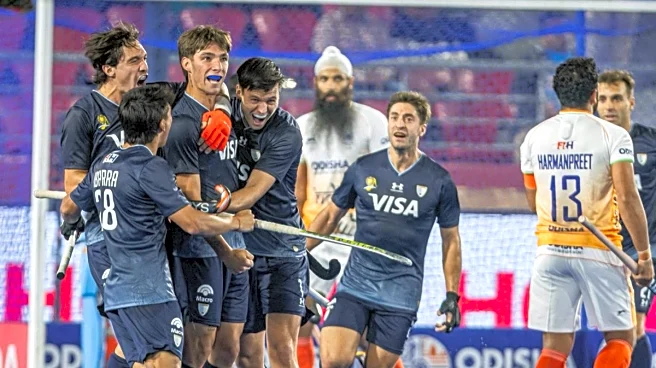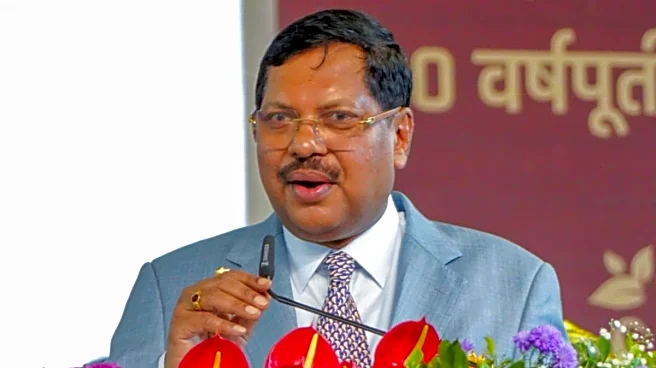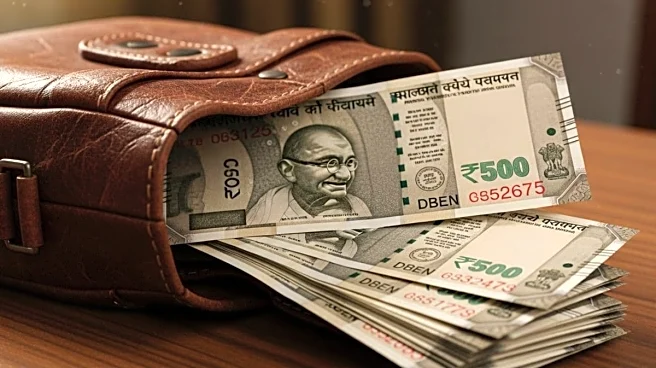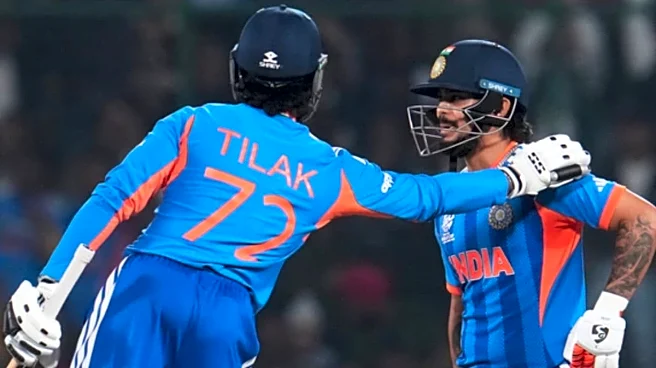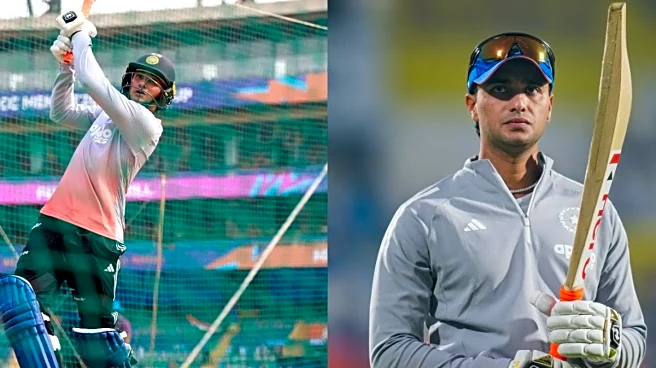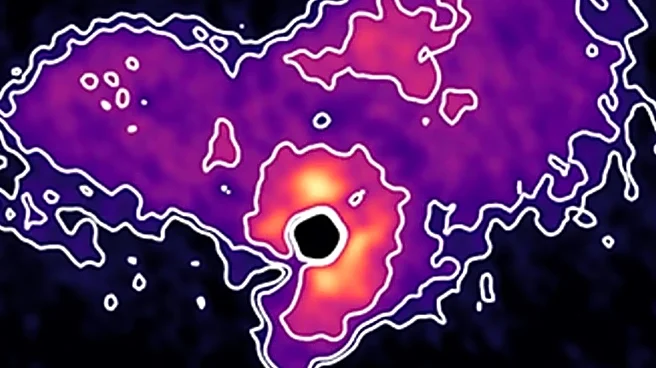The Tamil Nadu government moved the Supreme Court on Saturday challenging the President of India’s decision to withhold assent to the Tamil Nadu Admission to Undergraduate Medical Degree Courses Bill,
2021.
The legislation seeks to exempt the state from the National Eligibility-cum-Entrance Test (NEET) and reinstate medical admissions based on Class XII scores, supported by a scientific normalisation process.
The Governor’s Secretariat informed the State of the President’s decision on March 4, 2025.
In its suit, Tamil Nadu describes the move as blatantly unconstitutional and a serious breach of the constitutional scheme that governs legislative relations between the Union and the States.
The suit argues that the President declined assent mechanically, acting solely on the Union Government’s advice and without giving any reasons, despite Tamil Nadu having furnished detailed responses to objections raised by the Ministries of Health, Education and AYUSH.
The State argues that such unexplained withholding of assent undermines Article 201 and effectively nullifies the purpose of Article 254(2), which allows State laws on concurrent subjects to prevail locally after obtaining Presidential approval.
If allowed to stand, the State warns, the withholding of assent would render meaningless a crucial constitutional mechanism that enables States to deviate from central legislation in limited, permissible circumstances.
Tamil Nadu’s case rests heavily on the findings of the Justice AK Rajan Committee, which studied the impact of NEET in the State.
The Committee received more than 80,000 submissions and concluded that NEET disproportionately harms students from rural, economically weaker, Tamil-medium and government-school backgrounds.
According to the State, the exam favours wealthier urban aspirants who can afford extensive coaching, while the increasing dominance of repeat candidates has tilted admissions toward those who can invest heavily in preparation.
This, it argues, violates the equality guarantees under Articles 14 and 15(4) and systematically excludes first-generation learners.
The plaint also highlights the growth of a costly coaching industry, as well as reported cases of impersonation and alleged question-paper leaks, to question the credibility of the test.
Accordingly, Tamil Nadu seeks a declaration that the President’s action is unconstitutional and liable to be struck down.
It also requests that the Bill be deemed to have received assent under Article 254(2). In the alternative, it asks the Court to direct the Union Government to resubmit the Bill for the President’s fresh consideration.




